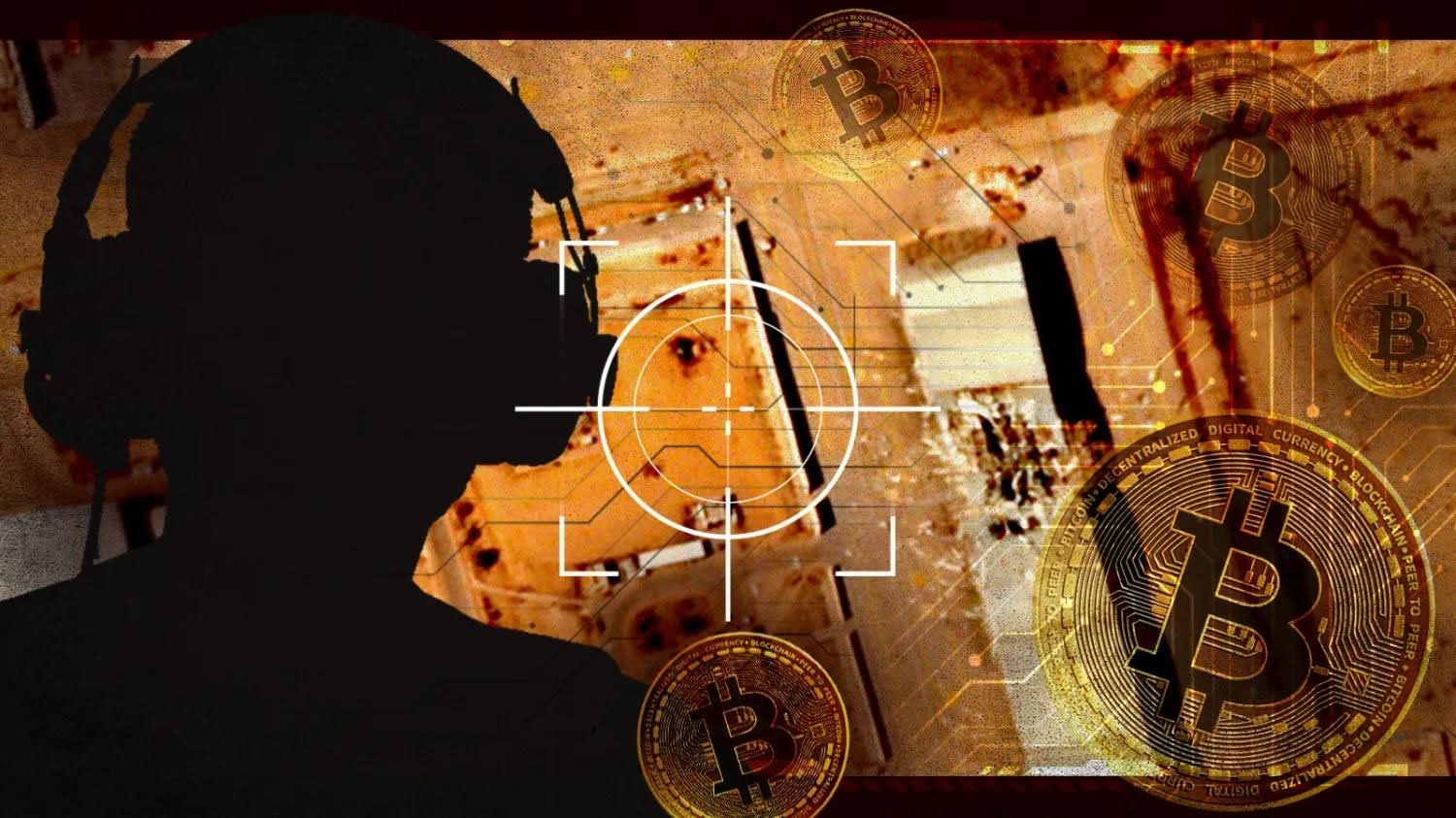Israeli Spy Paid in Crypto: Shocking Iran Espionage Plot Uncovered in Tel Aviv
Key Takeaways:
- A 27-year-old Tel Aviv man was arrested for allegedly spying for Iran in exchange for cryptocurrency.
- Authorities say he photographed military sites, tracked public officials, and received thousands in crypto payments.
- The arrest follows rising tensions and cyberconflict between Israeli and Iranian-backed groups, with crypto playing a central role.
Israel’s national security was rocked this week after officials revealed the arrest of a local man allegedly working for Iranian intelligence in exchange for cryptocurrency. This marks a serious escalation in the use of digital assets for covert operations, especially in the context of Middle East cyberwarfare.
Investigators believe the suspect received crypto payments for surveillance tasks that included photographing sensitive locations and tracking high-profile figures. The case highlights a growing concern: crypto’s role in enabling cross-border espionage, especially where state-backed threat actors operate in the shadows.

Espionage-for-Crypto Plot Unveiled by Israeli Authorities
The suspect, a 27-year-old Tel Aviv resident, was taken into custody on June 23 in a joint operation by the Israeli Police and Shin Bet (Israel’s internal security agency). According to officials, he had been in ongoing contact with an Iranian agent for several months.
Under instructions from this handler, he reportedly completed several surveillance tasks:
- Photographing military installations
- Tracking and documenting homes of Israeli public officials
- Spray-painting politically charged graffiti on public buildings
Authorities seized computers, phones, and digital storage devices from his home, which they believe were used to communicate with the Iranian agent. While his identity has not been officially released, multiple media outlets have reported the man was promised—and received—several thousand dollars in cryptocurrency as payment.
The Tel Aviv Magistrate’s Court has extended his detention until June 26, pending further investigation.
Iranian Intelligence’s Crypto-Funded Recruitment Network
Israeli security forces issued a public warning after the arrest, saying there had been a rise in attempts by Iranian intelligence services to recruit Israelis through social media. These initiatives, frequently disguised as job offers or political overtures, are intended to use people for purposes like intelligence collection or cyber sabotage.
This latest arrest follows similar incidents:
- In Haifa, a 28-year-old named Dmitri Cohen was arrested last month after allegedly accepting assignments from Iranian operatives.
- Cohen was accused of surveilling Amit Yardeni, the fiancée of Avner Netanyahu, son of Prime Minister Benjamin Netanyahu.
- According to reports, Cohen was promised $500 per task, totaling thousands in crypto received over several months.
- A third suspect—a 19-year-old from the Sharon region—was also arrested but remains unnamed in official statements.
These coordinated abuses have been part of a larger Iranian agenda to destabilize Israeli national security from within — funneled through crypto as an opaque source of funds that cannot be traced.
Crypto’s Dual Role: Innovation and National Security Threat
Cryptocurrency can be hailed as a transformative force for finance and for freedom from centralization and the conflict of global intelligence on display in this story.
Unlike traditional bank money transfers, you can make a crypto transaction:
- Operate across borderless, decentralized networks
- Can be anonymous or pseudonymous, depending on the blockchain used
- Are irreversible, which limits enforcement options for authorities
In espionage operations, these features are ideal for covert compensation, reducing the risk of detection. Foreign assets can be paid by intelligence agencies in Bitcoin, Monero, even in stablecoins — sometimes through mixers or privacy coins to make trails more difficult to follow.
This increasing trend has led global regulators to request for stricter crypto tracking and AML (Anti-Money Laundering) policies. In Israel, the developments may accelerate further wallet registration and KYC enforcement.
Read More: Bank of Israel Releases Preliminary Design for the Digital Shekel: A Deep Dive
Geopolitical Cyberwar: Israel–Iran Conflict Spills into Crypto
This is not the only case of espionage. It arrives as part of a larger cyberwar between Israel and Iran, one that is increasingly central to crypto platforms and infrastructure.

Just days before the arrest in Tel Aviv, a pro-Israel hacker group took credit for launching a huge hack on Nobitex, Iran’s largest crypto exchange. The hackers reportedly drained over $90 million in assets across multiple blockchains.
Read More: Over $81M Vanishes in Massive Crypto Heist on Iran’s Nobitex—Hackers Threaten More
According to blockchain sleuth ZachXBT, wallet addresses linked to the attack carried provocative names like “TKFuckiRGCTerroristsNoBiTEXy2r7mNX” on the Tron network—indicating a politically motivated strike.
The Nobitex breach is seen by many as a direct retaliation for Iran’s digital infiltration efforts in Israel, including the latest espionage case. These tit-for-tat attacks indicate, according to cybersecurity analysts, that a new form of hybrid warfare may be emerging — one where crypto isn’t just a financial tool but a tactical weapon as well.
How Crypto Markets Reacted
Even as tensions continue to ratchet up, crypto markets put in a solid performance following a weekend of developments.
- Bitcoin (BTC) is currently trading around $105,130, showing a modest 3.3% gain today. It recently rebounded from intraday lows near $100,055, with a high around $105,934.
- Oil prices, on the other hand, fell nearly 6% after spiking amid fears of Iranian retaliation.
- The S&P 500 rose 0.52%, reaching 6,006 points, as traders shifted focus to macroeconomic signals.
Analysts say the lower market reaction is likely a function of the limited scale of events and a belief that any subsequent escalation would likely be cyber-focused, not kinetic.
Still, intelligence-related crypto transfers are a concern for regulators and exchanges at a time of increasingly sophisticated tools such as mixers and privacy coins.
The post Israeli Spy Paid in Crypto: Shocking Iran Espionage Plot Uncovered in Tel Aviv appeared first on CryptoNinjas.
CryptoNinjas





















